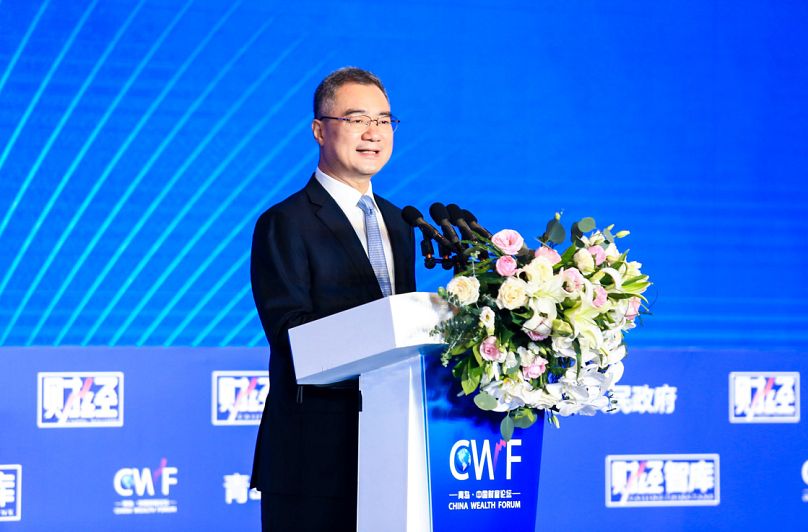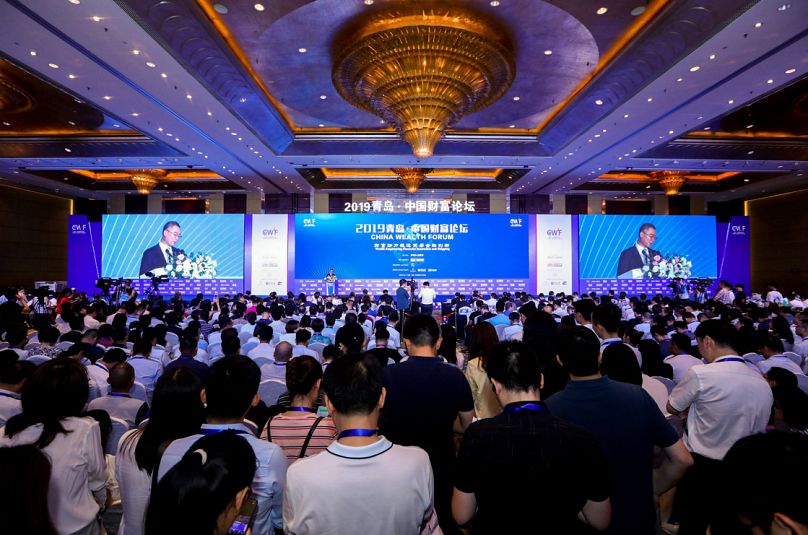Already the second-largest economy in the world, China is at a crossroads, poised to leverage the opportunities provided by years of careful development, comprehensive reform and innovative growth schemes.
A significant element of the country’s dizzying economic rise is a strategy that earmarks specific geographical areas as ‘pilot zones’ for development.
One such location is Qingdao, a seaside city of nine million people on the Yellow Sea. Situated in the south east of Shandong Province, it is a hub for business and tourism, known for a thriving film industry, its marine research centres, and historic architecture. It’s also famous throughout the world for its Tsingtao beer, a legacy of German investment dating back to the late 19th century. Increasingly, however, it is also known as a financial hub, and has become a sought-after setting for high-profile industry events.
From 5 to 7 July, and for the fifth year running, Qingdao (pronounced ‘ching-dow’) hosts the China Wealth Forum, which in 2019 will cover aspects related to the theme of ‘Wealth-assisted financial innovation in shipping trade’.
The event brings together leading figures in finance and wealth management from around the world. These include senior members of national financial supervision bodies and leaders of international and Chinese financial institutions and wealth-management businesses.
Representatives from several Chinese cities will also attend the forum, along with several key figures from provincial and municipal government agencies that have supervisory responsibilities in the financial sector.
The event provides an open market of ideas in which participants from a broad and diverse spectrum of financial institutions can discuss the latest innovations and projects in the financial industry and the wealth-management sector.
Organised by Caijing – a Chinese business, finance and economics magazine – and its affiliated think tanks, and hosted by the Qingdao municipal government, the forum comprises five plenary sessions and nine summit forums. This year these covered topics from venture capital to mobile payment, and supply-chain finance to global asset allocation.
The Wealth Forum is not only a promotional tool to raise awareness of development strategies across China’s wealth-management industry – with important ramifications for the country’s economy – but it is also instrumental in the creation of a progressive and authoritative communication platform, which fosters discussion and the exchange of ideas across financial, political and business circles.
The annual event is also a key component of what amounts to a successful rebranding of Qingdao as a wealth-management pilot zone. China owes much of its unstoppable rise to a system of ‘development zoning’, adopted in the 1970s as a way of creating liberal business zones in which foreign companies could easily operate. Over time and as foreign investment has boomed all over China, this specific role has lessened in importance, but the system remains key to the country’s growth, providing streamlined services, enhanced infrastructure and financial incentives across a range of industries.
Qingdao has been one of the beneficiaries of this scheme, and a five-year plan has seen the city transformed into a financial reform pilot zone that has helped to position it as a global financial centre. It is the first of such zones to focus on wealth management. Ranked 29th among the top 100 global financial hubs by the Global Financial Centres Index report in March 2019, and climbing year on year, it is ideally placed both in terms of industry and as a major port city with direct flights around the world.
More than 60 innovative projects have already been implemented in the zone, and development remains dynamic. Further impetus was provided at the Shanghai Cooperation Organisation (SCO) summit meeting held in Qingdao in 2018, when President Xi Jinping spoke of the direction of future developments in Shandong Province, developments widely seen as incentives to attract yet more investors from elsewhere in China and abroad.
The implementation of plans outlined at the SCO summit has acted to accelerate change, and subsequently seen deeper cooperation in trade, along with the optimisation of the business environment. Great strides have been taken with new and old kinetic energy conversion, scientific and technological innovation, and breakthroughs in artificial intelligence and in the high-end manufacturing industry.
Qingdao, too, will be home to a financial innovation centre for the shipping trade, but all of these advances will require the dynamic financial system leveraged with the establishment of the zone as an international wealth-management hub, as Qingdao’s role becomes ever more pivotal in China’s position as a global powerhouse.



